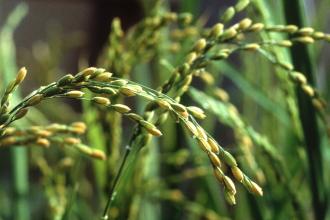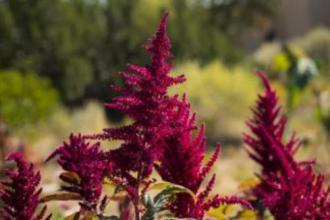About AFSIC
The Alternative Farming Systems Information Center (AFSIC) provides research-based resources for nontraditional food-production and crop-management practices to support a sustainable future and agricultural economic viability for farmers worldwide.
Featured Topics
Historic Resources
Pioneers in Sustainable Agriculture

Video interviews with individuals who provided leadership and inspiration in the early years of alternative and sustainable agriculture, including Dr. James Duke, Dr. Charles Francis, Robert Rodale and others. (Recorded with AFSIC staff, 1988-1991)
Organic Roots Collection

The documents in this NAL digital collection were specifically chosen for their relevance to today’s sustainable and organic farmers.
Dr. Duke's Phytochemical and Ethnobotanical Databases

Dr. James Duke was a USDA botanist and a leading authority on medicinal herbs. This database is one of the world's leading repositories of ethnobotanical data and houses information on plants and their chemicals, bioactivity, and ethnobotany.
AFSIC Background
The Alternative Farming Systems Information Center (AFSIC), founded in 1985, was one of the first USDA programs to focus on sustainable and organic agriculture.
AFSIC disseminates information across a diverse subject area to a broad audience that includes research scientists, agricultural professionals, policymakers, and the hobbyist. The Center regularly collaborates with other federal agencies and organizations and serves as a communication hub fostering delivery of relevant data-driven science, tools, and agricultural program information to public stakeholders.
Contact Us
Online: Use the library's Ask a Question form.
Questions will be answered by AFSIC Technical Information Specialists.
Phone: (301) 504-6559
 An official website of the United States government.
An official website of the United States government.